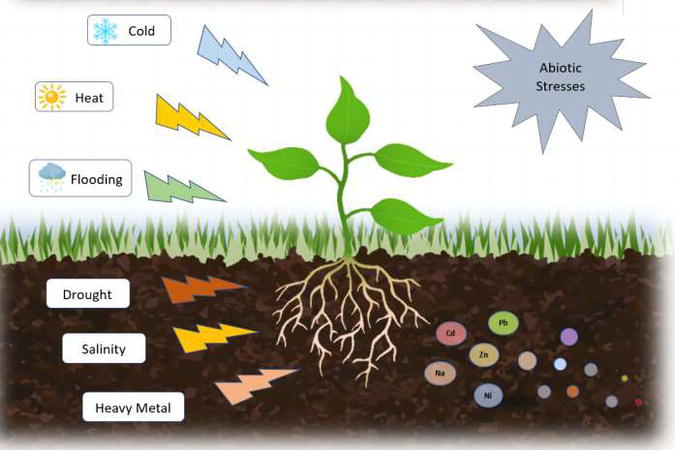
abiotic stress.jpg

Abiotic Stress
Definition:
Abiotic stress refers to environmental factors that can adversely affect plant growth and development, leading to reduced crop yields. These stressors are non-living factors such as extreme temperatures, drought, flooding, salinity, and nutrient deficiencies or excesses.
Causes and Effects:
- Temperature Extremes: High temperatures can lead to heat stress in plants, causing wilting, leaf scorch, and reduced photosynthesis. Conversely, low temperatures can result in frost damage and impaired metabolic processes.Evidence: According to a study published in the Journal of Experimental Botany, extreme temperatures can disrupt cellular functions in plants, affecting enzyme activity and membrane integrity.
- Drought: Insufficient water availability during critical growth stages can stunt plant growth and diminish crop yields. Drought stress limits photosynthesis and nutrient uptake, leading to wilting, leaf drop, and ultimately plant death.Evidence: Research from the National Drought Mitigation Center indicates that prolonged drought conditions can reduce agricultural productivity, impacting food security and economic stability.
- Salinity: Excessive salts in the soil hinder water uptake by plant roots, causing dehydration and ion toxicity. Salinity stress disrupts nutrient balance and inhibits plant growth, resulting in yield losses.Evidence: A study published in Plant Physiology demonstrates that salt stress induces oxidative damage in plant cells, affecting physiological processes and compromising crop performance.
Mitigation Strategies:
- Genetic Adaptation: Breeding resilient crop varieties with tolerance to specific abiotic stressors can enhance agricultural productivity in challenging environments.
- Soil Management: Implementing practices such as mulching, soil amendment, and conservation tillage helps improve soil structure and water retention, mitigating the impact of drought and salinity stress.
- Irrigation Management: Employing efficient irrigation techniques such as drip irrigation and precision scheduling helps optimize water use efficiency and minimize water stress on crops.
- Crop Rotation: Rotational cropping systems can alleviate abiotic stress by diversifying plant species and enhancing soil fertility, reducing reliance on monoculture and mitigating pest and disease pressures.
In conclusion, addressing abiotic stressors is essential for sustaining agricultural productivity and ensuring food security amidst changing environmental conditions. By implementing adaptive strategies and promoting resilient crop varieties, farmers can mitigate the adverse effects of abiotic stress and enhance agricultural sustainability.
Fall off the barn roof and busted your keister? Life on the farm or ranch can be tough on the bum. Need a break? Laugh it off at FarmerCowboy.com, the #1 farm humor site. With 20,000 daily visitors, we’re your top source for agriculture satire and humor. Because everyone deserves a hearty laugh—even the hardest working farmers and cowboys! Join us and turn those long days into fun tales at FarmerCowboy.com.
Originally posted 2015-02-12 04:54:30.
Originally posted 2024-07-04 10:05:26.
Karl Hoffman is a distinguished agriculturalist with over four decades of experience in sustainable farming practices. He holds a Ph.D. in Agronomy from Cornell University and has made significant contributions as a professor at Iowa State University. Hoffman’s groundbreaking research on integrated pest management and soil health has revolutionized modern agriculture. As a respected farm journalist, his column “Field Notes with Karl Hoffman” and his blog “The Modern Farmer” provide insightful, practical advice to a global audience. Hoffman’s work with the USDA and the United Nations FAO has enhanced food security worldwide. His awards include the USDA’s Distinguished Service Award and the World Food Prize, reflecting his profound impact on agriculture and sustainability.

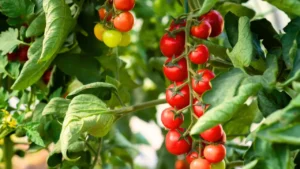
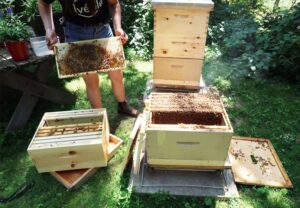
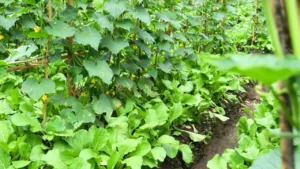


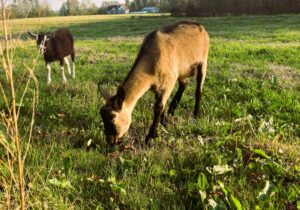
Tesla’s self-driving tech isn’t just about saving time—it’s about gaming all the way.